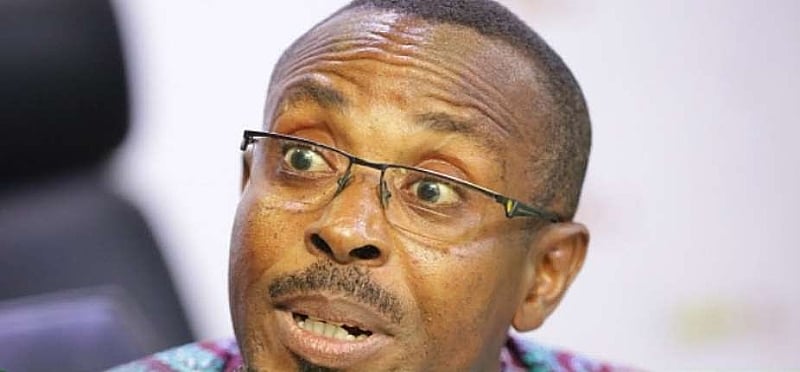Kwamena Duncan, a prominent figure within the New Patriotic Party (NPP) and former Central Regional Minister, has launched a pointed critique of President John Dramani Mahama’s approach to assembling his government, characterizing it as a demonstration of a lack of seriousness and potentially detrimental to the effective governance of the nation. The crux of Duncan’s criticism centers on the President’s decision to unveil his ministerial appointments in fragmented, incremental stages rather than presenting a comprehensive list of nominees promptly after assuming office. This “piecemeal” approach, as Duncan terms it, stands in stark contrast to the approach adopted by former President Nana Addo Dankwa Akufo-Addo, who appointed a substantial portion of his cabinet within the initial months of his presidency. This rapid appointment process, according to Duncan, facilitated a swift transition of power and enabled the newly appointed officials to promptly engage with their responsibilities, thereby ensuring the efficient functioning of the government.
Duncan’s argument hinges on the belief that a government’s ability to effectively implement its policies and fulfil its mandate is intrinsically linked to the timely appointment of key personnel. The current approach, he contends, creates unnecessary delays and hinders the government’s capacity to address pressing national issues expeditiously. He emphasized the importance of a structured and strategic approach to appointments, highlighting the precedent set by the Akufo-Addo administration, where regional ministerial appointments were finalized only after the cabinet ministers had been confirmed. This sequential approach, in Duncan’s view, ensured a coherent and coordinated government structure, allowing for a smooth flow of authority and decision-making.
The former minister underscored the urgency of the situation, particularly given the four-year term limit imposed on the National Democratic Congress (NDC) government. He argued that the administration cannot afford to lose valuable time due to protracted appointment processes. Every delay, in his view, represents a lost opportunity to address critical national challenges and implement the policies outlined in the NDC’s manifesto. Even if President Mahama were serving an eight-year term, Duncan asserted, the slow pace of appointments would still be a cause for concern, but the limited four-year timeframe amplifies the negative consequences of these delays. He therefore urged the President to expedite the appointment process, emphasizing the need for a fully functioning government to effectively address the nation’s needs.
Duncan’s critique draws a sharp contrast between the two administrations, highlighting the perceived efficiency of the Akufo-Addo government’s approach to appointments compared to the perceived sluggishness of the current administration. He recalled his own appointment as Central Regional Minister in February 2017, noting that the key ministerial positions in Accra had already been filled by that time. This allowed him to seamlessly integrate into his role and contribute to the government’s agenda without unnecessary delays. He contrasted this with the current situation, where regional ministerial nominees are being announced even before the cabinet is fully formed, creating a sense of disorganization and potentially hindering the smooth functioning of the government.
The core of Duncan’s argument is not merely about the pace of appointments, but also about the signal that the current approach sends. He interprets the fragmented and delayed appointments as indicative of a lack of seriousness on the part of the Mahama administration. A swift and decisive approach to forming a government, he argues, projects an image of competence and readiness to govern, while a slow and piecemeal approach can be perceived as a sign of indecision and a lack of preparedness. This perception, he warns, could undermine public confidence in the government’s ability to effectively manage the affairs of the nation.
In essence, Kwamena Duncan’s criticism of President Mahama’s appointment strategy boils down to a concern over efficiency, effectiveness, and the projection of a government ready to tackle the challenges facing the nation. He advocates for a more proactive and streamlined approach, drawing comparisons to the previous administration to illustrate the benefits of a swift and decisive appointment process. He believes that the current fragmented approach not only hinders the government’s ability to function effectively but also sends a negative signal about its preparedness to govern, ultimately impacting public trust and confidence.














